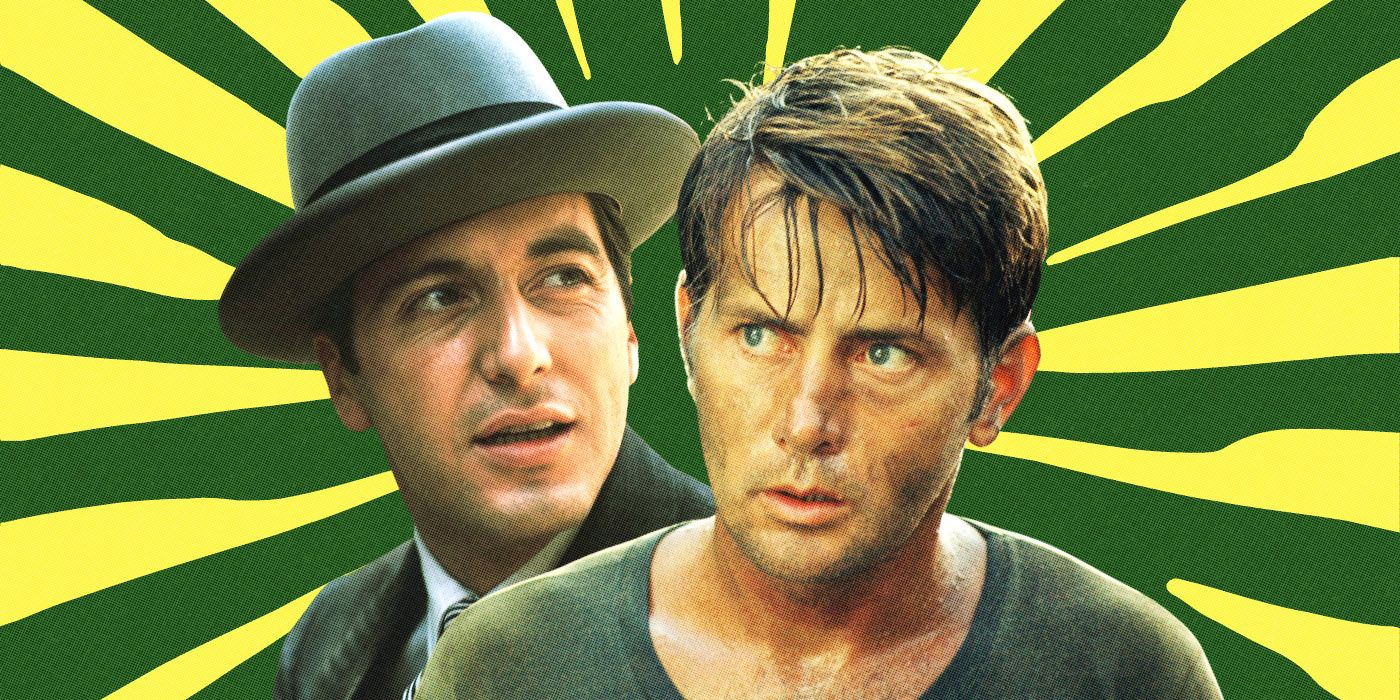
Baptist Health announces 3 new urgent care centers in Central Arkansas – talkbusiness.net

by ago 0 views
Baptist Health announced Thursday (Jan. 2) it will open three new urgent care locations in early 2025 in Cabot, Conway and North Little Rock.
Both Conway and Cabot centers will open on January 20. The new center in Conway will be Baptist Health Urgent Care’s (BHUC) third center in that city and will be located on Oak St. across from Tacos4Life. The new center in Cabot will be located on W. Main St. across from the Walmart Supercenter and will be BHUC’s second center in that city. The third BHUC center in North Little Rock will open in mid-February on John F. Kennedy Blvd., across from Scoop Dog.
“Although Baptist Health Urgent Care already has centers in these cities, we’ve recognized a continued demand for walk-in urgent and family care that is available seven days a week,” said Mike Dupuis, Urgent Team Division Vice President for Baptist Health Urgent Care. “These new locations will address the growing on-demand healthcare needs in these communities. Our mission remains to provide accessible, high-quality care, delivered by skilled and compassionate healthcare teams.”
The centers are open seven days a week and offer evening hours during the work week. For added convenience, walk-ins are welcome or patients can plan a same or next day visit online with or reserve a telemedicine visit.
Some of the non-life-threatening health conditions and injuries that can be treated at urgent centers include:
• Asthma and allergies
• Flu, colds, viral illnesses
• Bites, stings, allergic reactions
• Broken bones, sprains, strains
• COVID-19 testing and vaccination
• Diarrhea, nausea and vomiting
• Urinary tract infections
• Medically supervised weight loss
• Ear and eye injuries
• Skin conditions, including burns
• Stitches
• School, sports, wellness and DOT physicals
• Immunizations and vaccinations
• Occupational health services
Baptist Health Urgent Care, with 20 locations in Arkansas, is a joint venture between Baptist Health and Urgent Team Family of Urgent Care & Walk-in Centers, one of the largest independent operators of urgent and family care centers in the Southeast.
Arkansas headlines delivered
to you on demand
by Ben Kutylo
by Dr. Nirvana Manning
by Erik Dees
by Jennifer James
by Ross DeVol
ago
ago
ago
ago
January 1, 2025 8:00 am
2,489 views
1,085 views
716 views
383 views
328 views
Talk Business & Politics is a news website that covers business, politics and culture in Arkansas. You can also sign up for daily e-mail news delivered every morning to your inbox.
by Talk Business & Politics staff
by Talk Business & Politics staff
Notre Dame vs. Georgia live score updates: Fighting Irish leading Sugar Bowl 23-10 late – The New York Times
Expert explains how to approach talking about major world tragedies – CBS19.tv KYTX
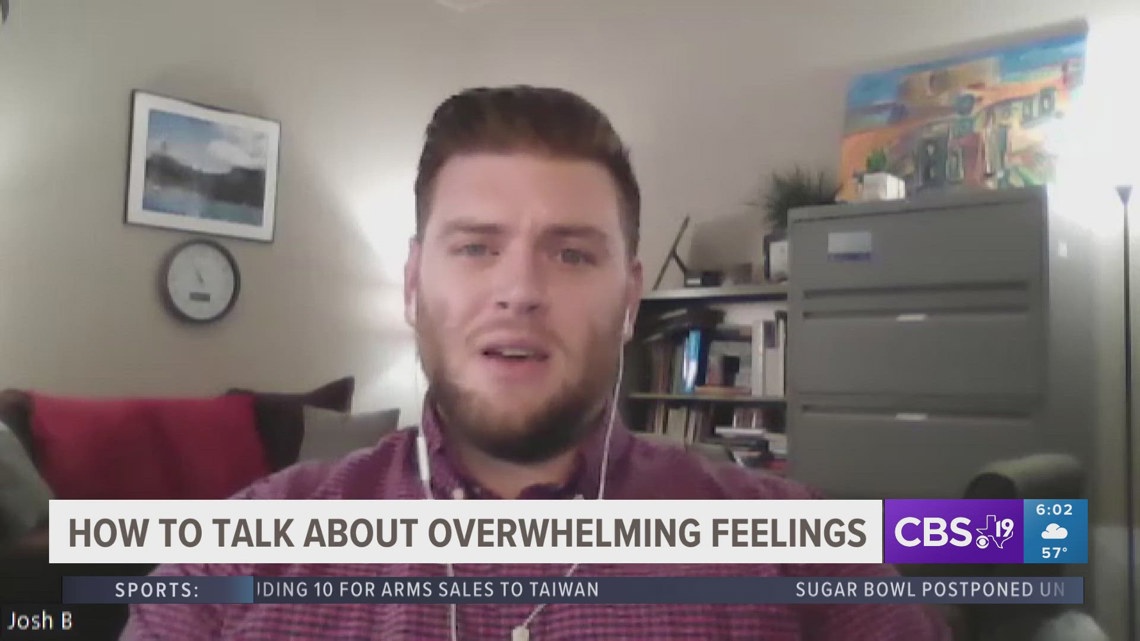
Next up in 5
Example video title will go here for this video
Next up in 5
Example video title will go here for this video
Notifications can be turned off anytime in the browser settings.
US federal appeals court confirms Internet Archive infringes US publisher copyright protections – JURIST
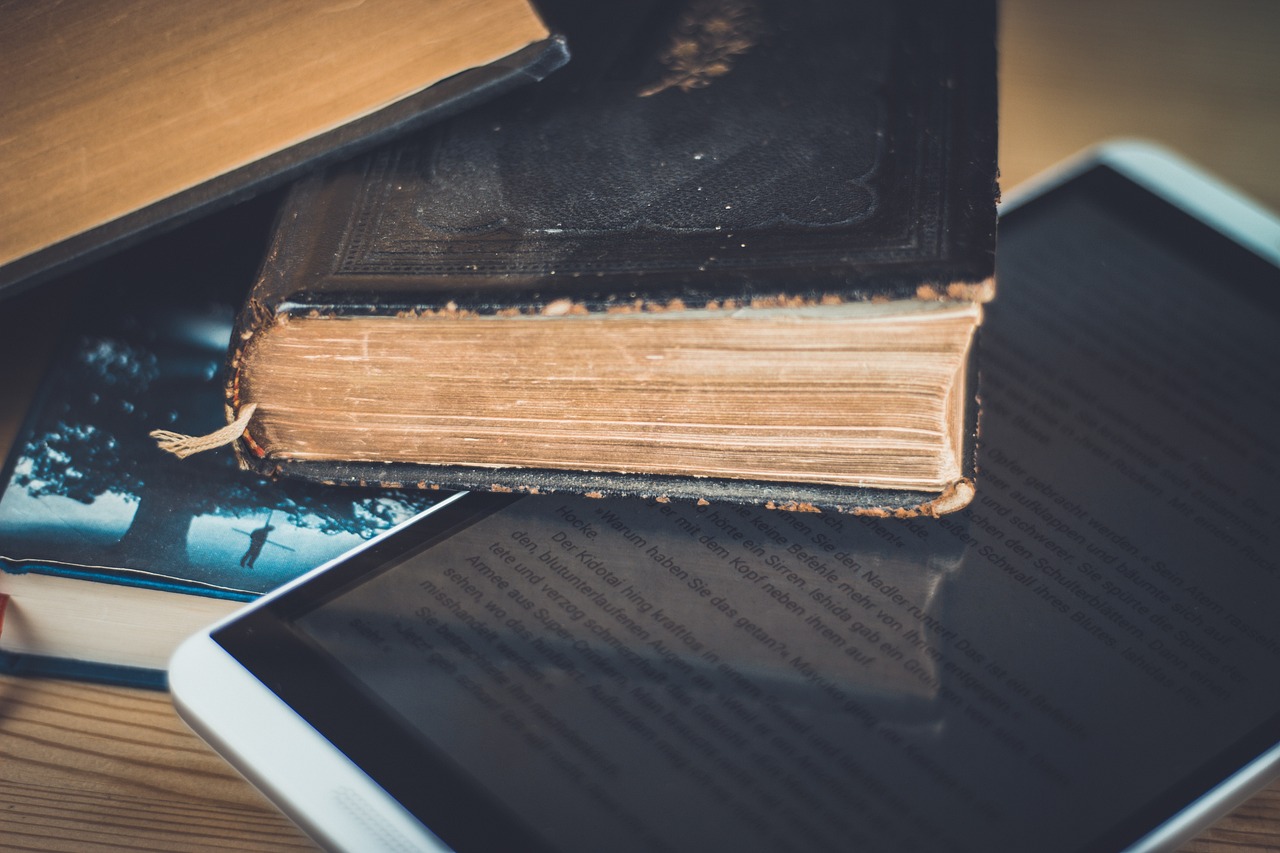
A US federal appeals court on Wednesday held the Internet Archive’s Free Digital Library infringes upon publishers’ copyright protections.
The appeal decision affirms a lower court ruling in a 2023 lawsuit initiated by US publishers which argued that the Internet Archive (IA), a nonprofit organization, engaged in copyright infringement by scanning purchased or donated physical books and providing them to the public at no cost. The Internet Archive claimed their actions were protected by the fair use defense in section 107 of the US Copyright Act, which allows for reproduction of copyrighted works for purposes such as research and scholarship.
The Copyright Act sets out four factors to consider in a fair use defense:
At trial, the federal court found that all four factors favored the publishers. The appeal court agreed.
Both courts found that the purpose of IA’s use was not transformative, the nature of the work was close to the core of what copyright was intended to protect, the copying was substantial because it was a complete reproduction, and that offering free copyrighted works “usurped” from the potential market for ebooks, to which US publishers had exclusive copyright.
Judge Beth Robinson of the US Court of Appeals for the Second Circuit wrote the unanimous decision and highlighted the fundamental balancing act of copyright law. She recognized that “the [Copyright] Act therefore reflects a balance of competing claims upon the public interest: Creative work is to be encouraged and rewarded, but private motivation must ultimately serve the cause of promoting broad public availability of literature, music, and the other arts.” The court held that in this regard, “IA’s Free Digital Library undermines that motivation”.
These arguments, accepted by both courts, were also raised in JURIST commentary where the contributor noted the IA’s legal infirmity and the need for legislative certainty around IA’s digitization of physical books for the public good.
In response to Wednesday’s ruling, the Internet Archive stated:
We are disappointed in today’s opinion about the Internet Archive’s digital lending of books that are available electronically elsewhere. We are reviewing the court’s opinion and will continue to defend the rights of libraries to own, lend, and preserve books.
The appeal was brought by the Internet Archive (IA), a digital library dedicated to preserving the internet’s history and creating an accessible online library for people across the world. For its digital books, it has a one-to-one, owned-to-loaned ratio. For the past decade, it had existed without significant legal challenge from US publishers however a temporary change to its lending program during COVID-19 attracted significant attention, leading to the current lawsuit.
At the outset of the COVID-19 pandemic in March 2020, libraries and schools across the world were shut down. In response, the Internet Archive announced a temporary removal of its one-to-one lending restriction, allowing for up to ten thousand downloads per e-book. This quickly prompted four US publishers to sue the IA for copyright infringement. The IA shortly thereafter reinstated its one-to-one policy.
The Internet Archive may appeal to the US Supreme Court.
Ghana dispatch: December elections were a protest vote against NPP government
SCOTUS dispatch: Supreme Court appears hesitant about protecting gender-affirming care for minors
Military Justice v. Civil Rights: Pakistan’s Legal Battle Intensifies
Beyond ‘Lucky Ones’: Modern Jewish Response to Global Threats
Courts across the world seek justice for Yazidi genocide survivors amidst new convictions and ongoing challenges
Explainer: Supreme Court to Hear Landmark Tennessee Gender-Affirming Care Case
28 countries unite against Axis Powers
On January 2, 1942, twenty-eight countries formally agreed not to make peace with the Axis Powers separately. At the time, all twenty-eight were fighting against the Axis as Allies in World War II. The agreement was part of the Declaration by the United Nations, signed the previous day. In December of 1941, U.S. President Franklin D. Roosevelt referred to this group of allies as the “United Nations.”
US government agents arrested thousands in Palmer raids
On January 2, 1920, over 500 government agents acting on the direction of US Attorney General Mitchell Palmer carried out a massive counter-terror operation in 33 US cities, arresting between six and ten thousand aliens suspected of Communism, radicalism and anarchism. The “Palmer Raids” and the detentions and deportation proceedings that followed them were denounced by a number of prominent lawyers and judges who later established the American Civil Liberties Union. Read an excerpt from Attorney General Palmer’s 1920 article, The Case Against the ‘Reds’ and learn more about the Palmer Raids and the Red Scare of 1919-20.
Burlington City Council races ramp up ahead of Town Meeting Day – WCAX
Apple might have to open AirDrop and AirPlay to Samsung phones – SamMobile – Samsung news
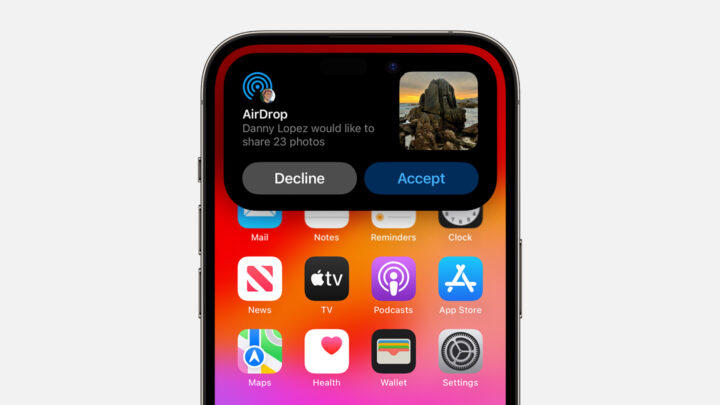
© 2025 SamMobile
SamMobile has affiliate and sponsored partnerships. If you buy something through one of these links, we may earn a commission.
Last updated: January 2nd, 2025 at 16:56 UTC+01:00
In the last few years, the European Union (EU) has forced Apple to do a lot of things, including coercing it to shift from the Lighting port to the USB Type-C port for iPhones and modifying iOS to allow people to install apps from anywhere, including websites. While Apple resisted making those changes, it ultimately complied with the rules. Now, the EU has proposed Apple make another change and it looks like the Cupertino-based tech giant will fight tooth and nail to avoid making this change, as Apple claims that it opens users’ privacy to other companies.
The EU has asked Apple to open AirDrop and AirPlay to other platforms. AirDrop is a feature that allows people to send files to other Apple devices nearby, whereas, AirPlay allows people to show content on their devices on the displays of other devices, such as TVs, nearby. If the iPhone maker opens these features to other platforms, devices using other operating systems, such as Samsung’s Galaxy phones and tablets, and Windows laptops, will be able to send files to Apple devices, including iPhones and MacBooks, wirelessly or show content on the displays of these devices over the local network (Wi-Fi and Wi-Fi Direct).
While that will be very convenient for Apple users as well as others, the Cupertino-based tech giant claims that opening these features to other platforms will expose data of Apple users, such as their call logs, messages, calendar events, photos and videos, and even their passwords to others. The iPhone maker claims that if that happens, it will be catastrophic, as companies like Meta, which have a track record of violating users’ privacy will misuse that data, which will ruin Apple’s image of maintaining users’ privacy, and the brand doesn’t want that to happen.
The story continues after the video…
So, expect Apple to fight hard with the European Union about this change. Fortunately, the EU has said that it will adjust these changes based on feedback from Apple and third parties. It will be interesting to see how hard Apple fights and what eventually happens.
You might also like
Samsung and Apple have a unique relationship. The two compete in the high-end smartphone market but Samsung also supplies components that make the iPhone great. For example, Samsung Display is the largest supplier of OLED panels for the iPhone, and will soon become a major supplier for the future OLED MacBooks. The company also makes […]
The most loyal of Apple fans would accuse Samsung of always copying their favorite company while fans of the latter would make a similar accusation for the Cupertino outfit without skipping a heartbeat. That’s largely been the discourse between the fanbases of both brands, even though it’s often without merit. However, there’s a new development […]
Google’s Android Switch allows you to transfer contacts, call logs, messages, alarms, calendar events, photos, videos, app data, and more from iOS to Android, making it easier for you to move from an iPhone to an Android phone. However, there are still many things that the tool can’t move from one platform to another. One […]
As the world’s leading supplier of mobile OLED panels, it’s no surprise that Apple sources many of the OLED panels that it needs for the iPhone from Samsung Display. The company is also working on OLED panels for the MacBook. Samsung Display has been developing a ‘zero-bezel’ OLED panel for some time now, reportedly at […]
Samsung makes one of the best (Wear OS) smartwatches on the planet. Unfortunately, that isn’t enough for the brand to top the sales charts. Apple’s Watches are more popular around the globe and preferred more widely. As such, the South Korean tech giant has always been behind the Cupertino-based tech giant in smartwatch sales. Unfortunately, […]
For over a decade, Samsung has equipped its high-end phones and tablets with the S Pen stylus. It has always relied on Wacom’s technology for good stylus performance. However, the company seems to be working on a new stylus technology to improve the S Pen experience. Samsung is reportedly working with HiDeep to develop new […]
Reviews
Best picks
Devices
Samsung Galaxy Z Fold 6
SM-F956B
Samsung Galaxy Z Flip 6
SM-F741B
Samsung Galaxy Buds 3 Pro
SM-R630
Samsung Galaxy F55
SM-E556B
Samsung Galaxy M55
SM-M556B
Samsung Galaxy M15
SM-M156B
Samsung Galaxy C55
SM-C5560
Samsung Galaxy A55
SM-A556E
Opinions
Notebook
TV
Social media
© 2025 SamMobile
We’d like to show you notifications for the latest important news and updates
Internet Archive Court Loss Leaves Higher Ed in Gray Area – Inside Higher Ed

The nonprofit published thousands of ebooks for free, violating copyright law. What that means for research libraries remains to be seen.
By Lauren Coffey
You have /5 articles left.
Sign up for a free account or log in.
A court ruling reaffirmed that a digital library violated copyright law by offering thousands of books for free online.
3alexd/E+/Getty Images
Pandemic-era library programs that helped students access books online could be potentially threatened by an appeals court ruling last week.
Libraries across the country, from Carnegie Mellon University to the University of California system, turned to what’s known as a digital or controlled lending program in 2020, which gave students a way to borrow books that weren’t otherwise available. Those programs are small in scale and largely experimental but part of a broader shift in modernizing the university library.
But the appeals court ruling could upend those programs. Federal judges ruled that the Internet Archive’s pandemic-era online library violated federal copyright law. The Internet Archive, a nonprofit that also runs the popular Wayback Machine that archives websites, digitized thousands of books and loaned them out for free. The specific implications are still unclear. College libraries typically deal with research or out-of-print materials and adhere to different practices.
Still, librarians at colleges and elsewhere, along with other experts, feared that the long-running legal fight between the Internet Archive and leading publishers could imperil the ability of libraries to own and preserve books, among other ramifications. The appeals court ruling comes more than a year and a half after a federal district judge also ruled against the Internet Archive—a decision the organization said was tantamount to “book burning.”
The lawsuit created divides beyond those directly involved, with other publishers, authors and academic groups weighing in. Those in favor of the Internet Archive, including hundreds of authors and several academics, viewed the lawsuit as an attack on libraries in a digital age, and they worry about the future of the organization. Those against the Internet Archive’s practices viewed its activity as piracy.
The concept of digital lending and making materials more accessible remains contentious. When Inside Higher Ed covered the district court ruling in March 2023, several college librarians declined to speak on the record, concerned that the topic would be a lightning rod.
Legal experts are uncertain how much this latest court decision will affect colleges and universities, though they expect institutions to tread carefully. The programs at Carnegie Mellon, Michigan State, the UC system and other institutions—including the University of Florida and the California Institute of Technology—all appear to be operating, according to their respective websites. The institutions either could not be reached or did not respond to requests for comment.
“A lot of people in the academic space and the business space would rather operate as cautiously as possible,” said Stephen Wolfson, assistant general counsel and copyright adviser for University of Pennsylvania Libraries.
Wolfson, who specified he is not speaking on behalf of his institution, said the latest ruling leaves a gray area in the academic lending space.
“If this says the digital lending of books that are otherwise available as commercial ebooks is probably a no-go in all circumstances, well, then, do we take the chance on things not valuable as ebooks?” he said. “Or will publishers find problems with that as well? We don’t know.”
The Internet Archive first drew critical scrutiny from the publishing community when it made titles available as ebooks for free in 2020 as part of its new National Emergency Library during the COVID-19 pandemic.
Since it began digitizing books in 2005, the Internet Archive has scanned 4,300 titles a day across 18 locations, according to its website. It also racked up partnerships with several higher educational library systems, including the University of California Press, MIT Press and Cornell University Press, among others.
But launching the National Emergency Library drew the ire of four major publishing houses—Hachette, HarperCollins, Penguin Random House and Wiley—which sued the Internet Archive, claiming it was violating copyright law and the publishing houses had sole rights to distribute those books. They called the offering a “pirate site.”
Publishers offer ebook licenses to libraries that range from two-year licenses to pay-per-use and perpetual licenses, but the Internet Archive never received such licenses for its online lending operation. Since the lawsuit was filed, 50 other publishers, including several university presses, have demanded their books be removed from the Internet Archive’s digital library.
The Internet Archive claimed digitizing the books was covered under a fair use provision of copyright law. As a result of the lawsuit, the Internet Archive claims more than 500,000 titles are no longer available on its site.
The U.S. District Court in Manhattan didn’t accept that argument, ruling in favor of the publishing companies. The Internet Archive appealed the decision, and last week, the U.S. Court of Appeals for the Second Circuit upheld the original ruling.
“IA’s Free Digital Library does not ‘improv[e] the efficiency of delivering content’ without unreasonably encroaching on the rights of the copyright holder; it offers the same efficiencies as publishers’ derivative works while greatly impinging on their exclusive right to prepare those works,” the appeals court said. “While IA claims that prohibiting its practices would harm consumers and researchers, allowing its practices would―and does―harm authors.”
Brewster Kahle, founder of the Internet Archive, wrote in a blog post that the organization is “disappointed” and noted that it is lending books that are “available electronically elsewhere.” His team is reviewing the court’s opinion and will “continue to defend the rights of libraries to own, lend, and preserve books.”
Kahle can appeal the decision to the U.S. Supreme Court.
Dozens of individuals representing several publishing, copyright and author-focused entities, including the Professors and Scholars of Copyright and Intellectual Property Law, the Authors Guild and the International Publishers Association, have made statements or filed briefs supporting the publishing companies.
“If there was any doubt, the court makes clear that under fair use jurisprudence there is nothing transformative about converting entire works into new formats without permission or appropriating the value of derivative works that are a key part of the author’s copyright bundle,” said Maria Pallante, president and CEO of the Association of American Publishers, in a statement to Inside Higher Ed.
While the appeals process upheld most of the district court’s ruling, there was one deviation.
The district court found that the Internet Archive was engaged in commercial activity, despite calling itself a nonprofit. Internet Archive sought donations from the public, received a portion of profit from book sales through its book subsidiary program and gained a nonmonetary, reputational value through its offerings.
But the appeals court found that the Internet Archive’s digital library wasn’t a commercial activity.
“To hold otherwise would greatly restrain the ability of nonprofits to seek donations while making fair use of copyrighted works,” the judges wrote.
Jonathan Band, a copyright lawyer who represents the Association of Research Libraries, said if the district court’s entire ruling had been upheld, the decision could’ve had potentially large ramifications for higher education libraries, many of which are nonprofits. (Note: This article has been updated to correct the library association Band represents.)
“If you start saying what they did was commercial, at that point anything engaged by any nonprofit would be found to be commercial,” Band said.
The American Library Association and the Association of College and Research Libraries both filed briefs stating the Internet Archive’s activity was “clearly not commercial,” though they did not take a further stance on either side of the lawsuit.
Penn’s Wolfson agreed with Band.
“If it had come out otherwise, it could look like practically everything we do is for commercial use,” Wolfson said.
Wolfson and Band did differ slightly on the impact of this latest ruling over all.
Band said the latest ruling—whether it was in favor of Internet Archive or not—wouldn’t have affected higher education libraries, given they work with research papers and scholarly monographs and not the popular titles that were targets of the Internet Archive.
“In this decision, we’re talking about trade books, the mass market books, like best sellers by Stephen King that are in print and available right now for commercial licensing,” Band said. To the contrary, many of the books seen in research libraries are typically not available, either digitally or physically, to the mass market. “These are just older, out-of-print books. They’re not available digitally through some easily accessible platform.”
Jennifer Urban, co-director of the Berkeley Center for Law and Technology, said university libraries’ lending programs differ from Internet Archive in that reader privacy is at the forefront.
In an amicus brief she wrote on behalf of the University of California Berkeley School of Law, along with the Center for Democracy and Technology and the Library Freedom Project, Urban pointed out that libraries minimize data collection and data transfer (transferring only a student’s library card number and book barcode, for example), as well as maintain data security.
“Library-led controlled digital lending incorporates longstanding library values and practices that protect reader privacy and intellectual freedom,” the briefing said. Urban added that commercial aggregators like Overdrive, along with the Internet Archive, “differ sharply from libraries in their incentives and practices regarding reader privacy.”
Wolfson expects higher education to feel minimal, if any, impact because of the small amount of digital lending programs just starting at institutions. But, as students increasingly demand access to online or digital materials, the ruling could stifle further program creation.
“This decision could be used down the road to challenge that sort of activity,” Wolfson said. “It creates an environment where previously you felt OK with lending some things through controlled lending programs—but not everything—but now there’s at least a couple decisions that show it’s problematic for this activity.”
Librarians know more diversity is needed in archiving but it’s a work in progress.
MIT Press’s digital approach has broadened readership of monographs, but questions remain on whether its “idealistic”
The U.S.
Empower your institution’s employees to help them secure long-term financial security.
Subscribe for free to Inside Higher Ed’s newsletters, featuring the latest news, opinion and great new careers in higher education — delivered to your inbox.
View Newsletters
Copyright © 2025 Inside Higher Ed All rights reserved. | Website designed by nclud
4/5 Articles remaining
this month.
Car crashes into Northwest Dallas animal clinic – FOX 4 News Dallas-Fort Worth

Share
DALLAS – An SUV crashed into a Northwest Dallas animal clinic on Thursday.
What We Know: Police were called to Summertree Animal & Bird Clinic on Inwood Road around 2:30 p.m.
Police say a driver lost control of the vehicle and crashed into the building.
No people or animals were injured in the crash.
What We Don't Know: Police have not said what they believe caused the driver to lose control.
Information in this article comes from Dallas Police.
All the news you need to know, every day
By clicking Sign Up, I confirm
that I have read and agree
to the Privacy Policy
and Terms of Service.
More than 24 hours after the FBI said a U.S. Army veteran drove a pickup truck into a crowd of New Year’s revelers, killing 14 people, many questions remain unanswered. Here’s what to know.
The driver who died in a possible terror attack outside a Las Vegas hotel has been identified as Matthew Alan Livelsberger, a 37-year-old active duty U.S. Army servicemember.
This material may not be published, broadcast, rewritten, or redistributed. ©2025 FOX Television Stations
Jeremiyah Love injury: Notre Dame RB limps off field during Sugar Bowl vs. Georgia – On3.com
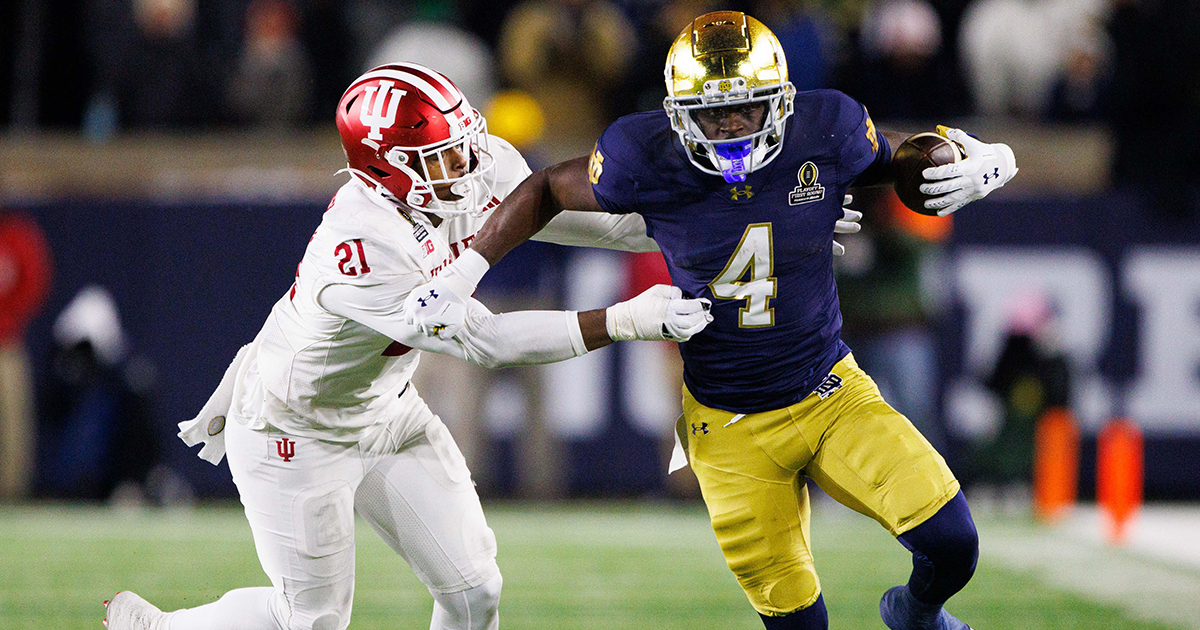
NickSchultz_7
Notre Dame running back Jeremiyah Love limped off the field with an apparent leg injury in the third quarter of Thursday’s Sugar Bowl against Georgia. He got caught in the middle of the pile as Riley Leonard took a 6-yard carry on a first-down play.
Love went to block on Leonard’s run and ended up between multiple defenders. He then headed to the injury tent for further evaluation as Jadairan Price came out to replace him.
Get your team’s official College Football Playoff watch from AXIA by CLICKING HERE: “Watches that tell so much more than time”
Love later emerged from the injury tent between the third and fourth quarters, but later went back in, according to Blue and Gold’s Kyle Kelly. His status will be important to monitor as the Irish look to lock up a College Football Playoff semifinal berth.
Love was on the field during that last timeout, trying to run and cut. He went back into the injury tent.
Love is an important part of the Notre Dame offense, which leans heavily on the running game. He entered Thursday’s game with a team-high 1,057 yards and 16 touchdowns. He, along with Leonard and Price, have engineered the Fighting Irish’s 11-game winning streak to get them into the College Football Playoff quarterfinal at the Sugar Bowl.
CLICK HERE to go to PrizePicks and use code ON3 to receive a guaranteed $50 once you play $5 in lineups!
Jeremiyah Love also put himself in the history books during the first round of the CFP in South Bend. He took a hand-off 98 yards for a touchdown against Indiana, marking the longest touchdown run in Playoff history. He did so while working through a knee injury and also dealing with symptoms from the flu.
Awful moment for Georgia DB
Bama QB declares for draft
Big 12 wants targeting review
Flashes Hook'em at Texas fans
Connor Stalions weighs in
By clicking "Subscribe to Newsletter", I agree to On3's Privacy Notice, Terms, and use of my personal information described therein.
Love was again dealing with flu symptoms during Thursday’s game, according to ESPN’s Molly McGrath. At the time of his injury, he had five carries for 25 yards as Georgia keyed in on him. Leonard led Notre Dame with 11 carries for 65 yards at the time.
Having Price in the backfield helped take some of the load off Love’s shoulders. But Marcus Freeman also pointed out the need for both backs to stay healthy if Notre Dame wants to have success on offense.
“It’s something we’ve done in my three years as a head coach, with Coach [Deland] McCullough being our running backs coach, is that we pride ourselves on being able to rotate running backs and sell it in a way in recruiting and to your current players of we’re going to get you enough film to get you prepared for the next level,” Freeman said. “But we’re also going to make sure you’re healthy. We don’t want you to use every rep you have in your body in college. And so, they buy in to that. They’ve done a great job within the roles that have been determined for them. Aneyas Williams is another guy that’s really stepped up as a freshman this year.”
Awful moment for Georgia DB
Bama QB declares for draft
Big 12 wants targeting review
Flashes Hook'em at Texas fans
Connor Stalions weighs in
© 2025 On3 Media, Inc. All rights reserved. On3 is a registered trademark of On3 Media, Inc.


